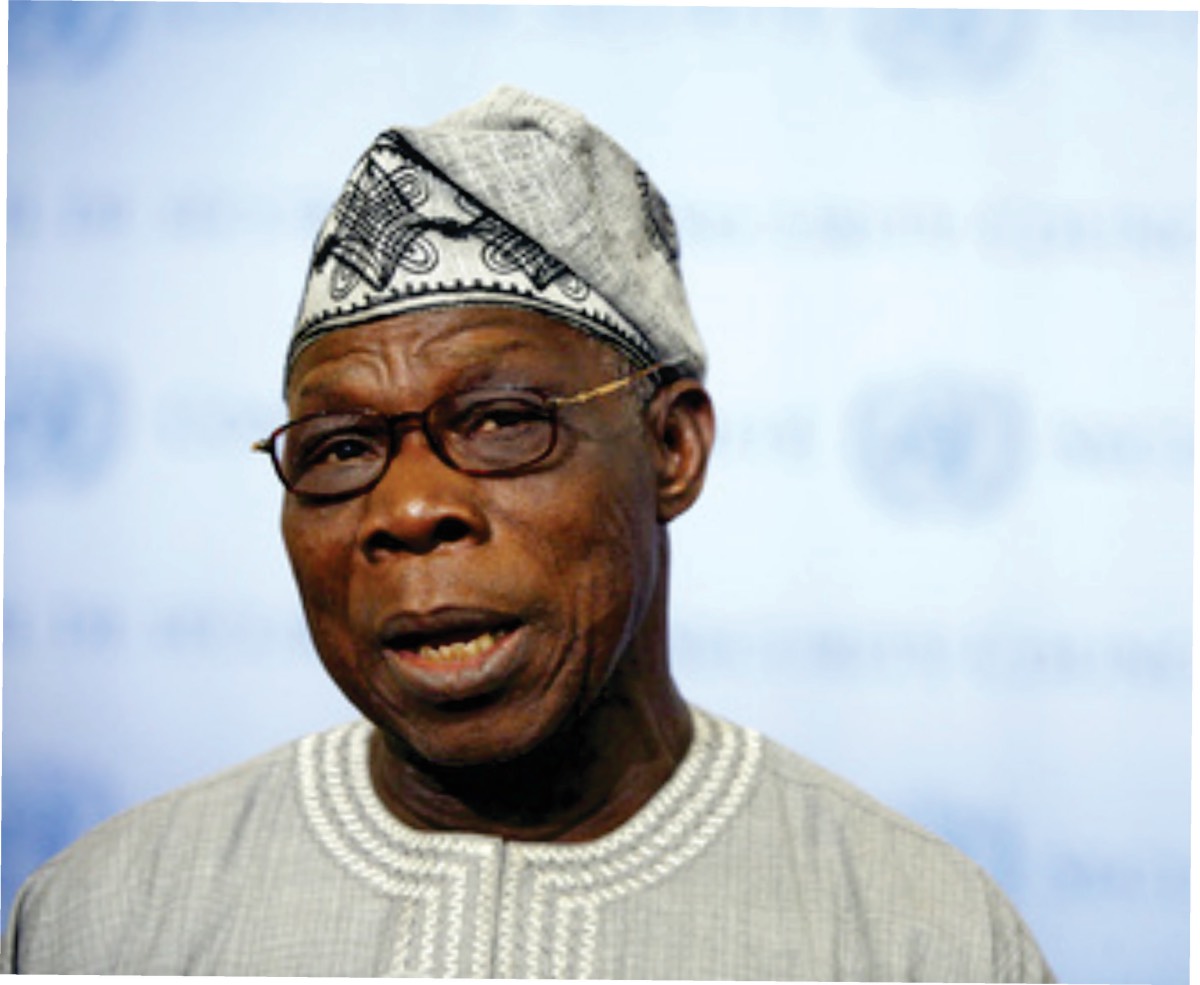NEW HAVEN, USA – Former Nigerian President Olusegun Obasanjo delivered a scathing critique of President Bola Tinubu’s administration during his keynote address at the Chinua Achebe Leadership Forum at Yale University.
In a speech titled “Leadership Failure and State Capture in Nigeria,” Obasanjo attributed the nation’s declining fortunes to what he described as Tinubu’s ineffective governance, labelling it “Baba-go-slow and Emilokan” — the latter referencing Tinubu’s campaign slogan, which translates to “It’s my turn” in Yoruba.
Obasanjo argued that leadership failure has been the root cause of Nigeria’s struggles, a sentiment famously articulated by the late Chinua Achebe in his 1983 book The Trouble with Nigeria.
Achebe contended that Nigeria’s fundamental problem lies in poor leadership rather than deficiencies in its people or resources.
Obasanjo stressed that this analysis remains painfully relevant today, over four decades later.
“Nigeria’s decline is now evident to every honest observer,” Obasanjo said, pointing to pervasive corruption and mismanagement as key contributors to the country’s insecurity, economic stagnation, and deepening divisions.
He warned that unless the trajectory changes, Nigeria risks further instability, with serious implications for Africa and the global community.
‘State Capture’ and Its Impact
A significant portion of Obasanjo’s address focused on “state capture,” a phenomenon where powerful elites manipulate government systems and resources for personal gain.
He argued that this practice, widespread in Nigeria, undermines national interests by enabling corruption and fostering inequality.
“State capture compromises the public welfare, weakening essential services such as education, healthcare, and infrastructure development,” he stated.
Obasanjo further cited analyses by American experts Robert Rotberg and John Campbell, who have characterised Nigeria as a “failed state.”
He pointed out that Nigeria’s inability to provide security and stability is a pressing concern, not just for its citizens but also for its neighbours and international partners.
Achebe’s Legacy and a Call to Action
Reflecting on the legacy of Chinua Achebe, Obasanjo praised the late author’s unwavering commitment to truth and integrity. Achebe’s work, he said, serves as a moral compass for Nigeria and underscores the importance of prioritising the common good in governance.
“Nigeria needs leaders who will rise above personal interests to serve the public,” Obasanjo urged, calling on Nigerians and the international community to address the dangers of state capture and restore ethical governance.
Obasanjo’s remarks come amid growing criticism of President Tinubu’s administration, which has been accused of lacking decisive action on key issues such as economic reform and national security.







